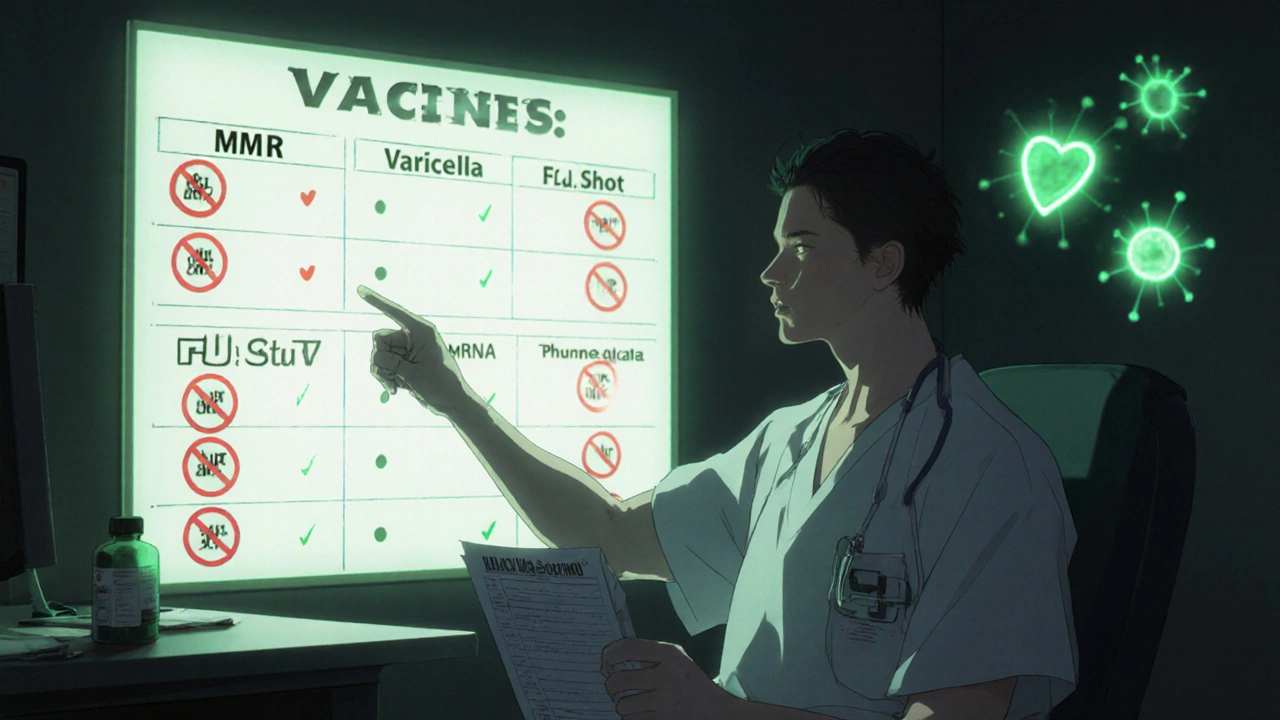Immunosuppressants: What They Are, How They Work, and What You Need to Know
When your immune system goes too far—attacking your own body or rejecting a transplanted organ—immunosuppressants, drugs that reduce the activity of the immune system to prevent harmful overreactions. Also known as anti-rejection meds, they’re life-saving for people with transplants or autoimmune diseases like lupus, rheumatoid arthritis, and Crohn’s. These aren’t just one type of pill. They include corticosteroids, powerful anti-inflammatory drugs like prednisone and triamcinolone that calm immune responses, immunomodulatory drugs, like azathioprine and mycophenolate that target specific immune cells, and newer agents like pomalidomide, used in cancer to tweak immune signaling and reduce tumor growth. Each works differently, and mixing them up can be dangerous.
People on these drugs aren’t just taking pills to feel better—they’re managing a delicate balance. Too little, and the body attacks the transplant or joints. Too much, and you’re at risk for serious infections, kidney damage, or even certain cancers. That’s why switching generics, as some posts here warn, can be risky with immunosuppressants—they have a narrow therapeutic window. A tiny change in dose or formulation can throw off your entire system. That’s why patients on drugs like tacrolimus or cyclosporine need regular blood tests, not just prescriptions. And it’s why side effects like diarrhea from certain meds, or cognitive fog from anticholinergics, can sneak up on you if you’re not paying attention.
What you’ll find here isn’t just theory. Real people share how they handle side effects from steroids, why they switched from one immunosuppressant to another, and how they stay safe while their immune system is turned down. You’ll see how drugs like Aristocort (triamcinolone) fit into broader steroid use, how pomalidomide helps cancer patients by quieting immune-driven inflammation, and why some people react badly to generic versions of their meds. These aren’t abstract concepts—they’re daily realities for millions. Whether you’re a transplant recipient, someone with an autoimmune condition, or just trying to understand why your doctor prescribed something that makes you more prone to colds, this collection gives you the facts without the fluff. No marketing. No hype. Just what works, what doesn’t, and what to watch for.

Post-Transplant Life: Recognizing Rejection Signs and Staying on Track with Medication
Learn the real signs of liver transplant rejection and why sticking to your medication schedule is the single most important factor in long-term survival. No fluff. Just what works.

Vaccinations While on Immunosuppressants: Live vs Inactivated Guidance
Learn the 2025 guidelines for getting vaccinated while on immunosuppressants. Know which vaccines are safe, when to get them, and how to avoid dangerous mistakes with live vaccines.
